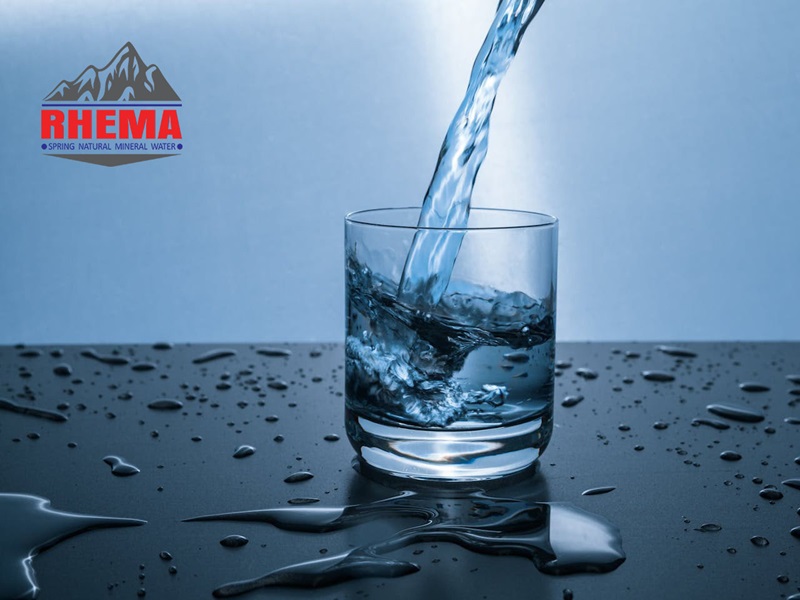Blog Posts
Health Benefits of Mineral Water
All living organisms need water to stay alive, and one of the main ways we get water into our bodies is by drinking it.
Although you may not be able to tell them apart by taste, there are multiple types of drinking water. They include:
- Tap water
- Electrolyte water
- Purified water
- Distilled or deionized water
- Alkaline water
- Mineral or springwater
Mineral water is also known as spring water because it comes from natural springs, which are places where moving underground water comes out of an opening in the land’s surface.
Mineral water can also be made artificially by adding salts to distilled water or aerating it with carbon dioxide to create more carbonation. However, mineral water is naturally carbonated to varying degrees.
The nutritional content of both natural and artificial mineral water varies greatly, but it typically has a high content of minerals like:
- Calcium carbonate
- Magnesium sulfate
- Potassium
- Sodium sulfate
It may also contain gases like:
- Carbon dioxide
- Hydrogen sulfide
Health Benefits
Due to its carbonation and mineral content, mineral water is known to provide multiple health benefits, including:
Contributing to Heart Health
In one study, post-menopausal women drank 1 liter of mineral water per day for two periods of two months each. The results showed that mineral water intake lowered the levels of bad (LDL) cholesterol and raised the levels of good (HDL) cholesterol.
Because high cholesterol increases your risk of heart disease and other conditions, mineral water helps keep your heart healthy and working properly.
Lowering Blood Pressure
For people with dyspepsia (indigestion) and constipation, carbonated mineral water can decrease constipation as well as significantly improve its symptoms. As an added benefit, it can also improve gallbladder function.
Health Risks
Although there aren’t any health risks involved in drinking mineral water itself, drinking it out of a plastic bottle may pose certain risks.
Consuming Microplastics
Bottled water contains large amounts of microplastic, which are small pieces of plastic debris.
The majority of bottled water comes in bottles made of polyethylene terephthalate (PET), otherwise known as plastic #1. Research shows that PET can act as an endocrine disruptor, which changes your hormonal systems.
The other kind of plastic often used for bottling water is plastic #7, which contains bisphenol A, commonly known as BPA. Many countries have banned this substance due to its toxicity. Exposure to BPA is linked to:
- Fertility issues
- Problems with brain development
- Cancer
- Heart issues
BPA can be released in other plastic as well, especially in high temperatures or if the bottle is stored for an extended period of time.
Stomach Upset

